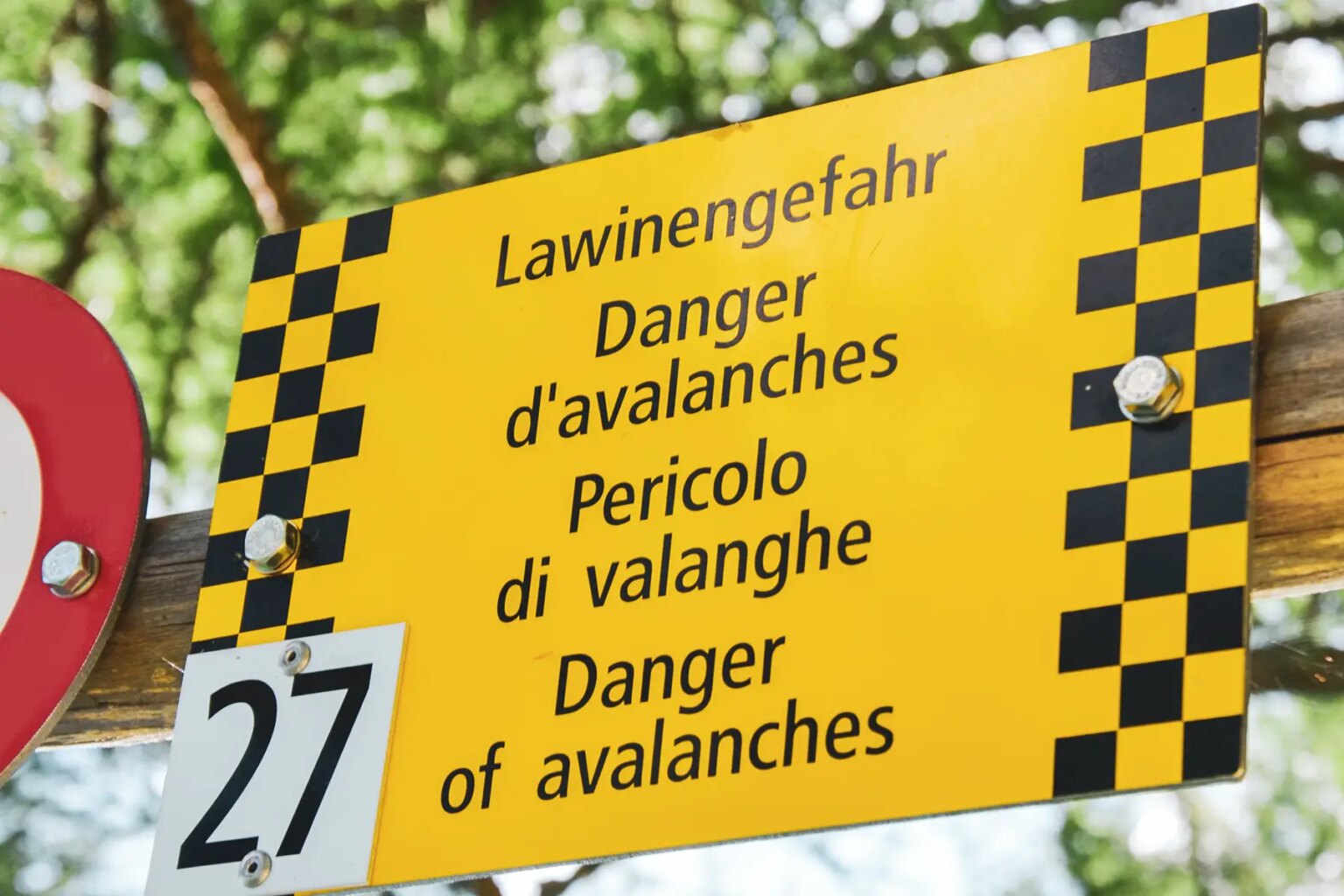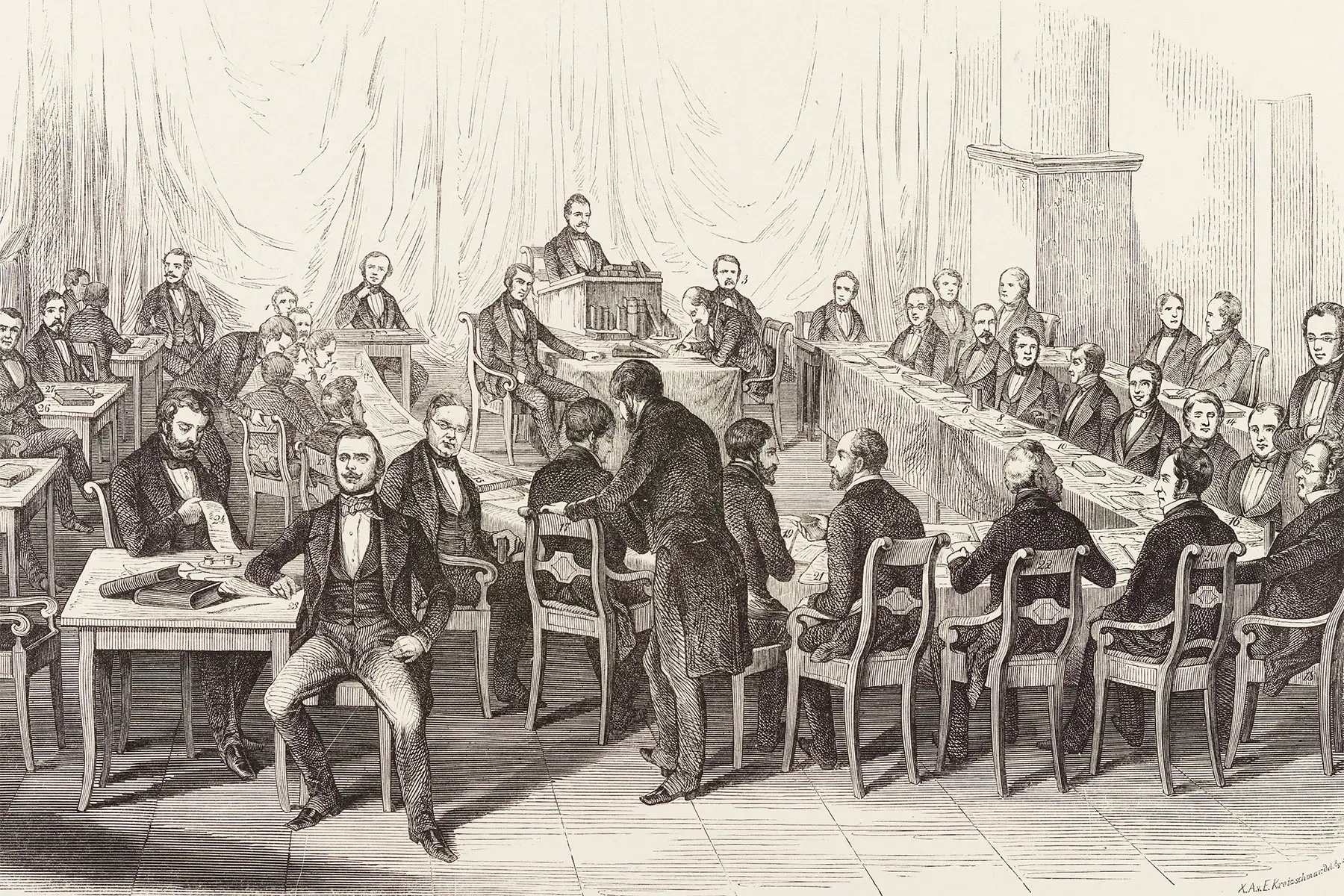Switzerland has not one, but four official languages. Depending on where you live in the country, you might hear German, French, Italian, or Romansh – or a combination of them. And each Swiss canton has its own dialect, which can differ from the standard language you would hear in France, Germany, or Italy.
To help you navigate the various languages of Switzerland, this guide covers the following topics:
Preply
Immerse yourself in the language of your new country with Preply. This app and website matches learners with online tutors so you can follow live, personalized language classes. With 50 languages to choose from, and tutors all over the world, there’s a course for everyone. Check out Preply to start your language-learning journey today.
What languages are spoken in Switzerland
Although German is the most widely spoken language in Switzerland, the version that you will hear in the country is quite different from standard High German. In fact, people in Switzerland speak Swiss-German, which is usually called Mundart by locals and has many of its own local dialects. Interestingly, there are enough differences between these dialects that you can pinpoint the speaker’s exact hometown. On the other hand, there are enough similarities between these different dialects that any Swiss-German speaker will be able to understand them.
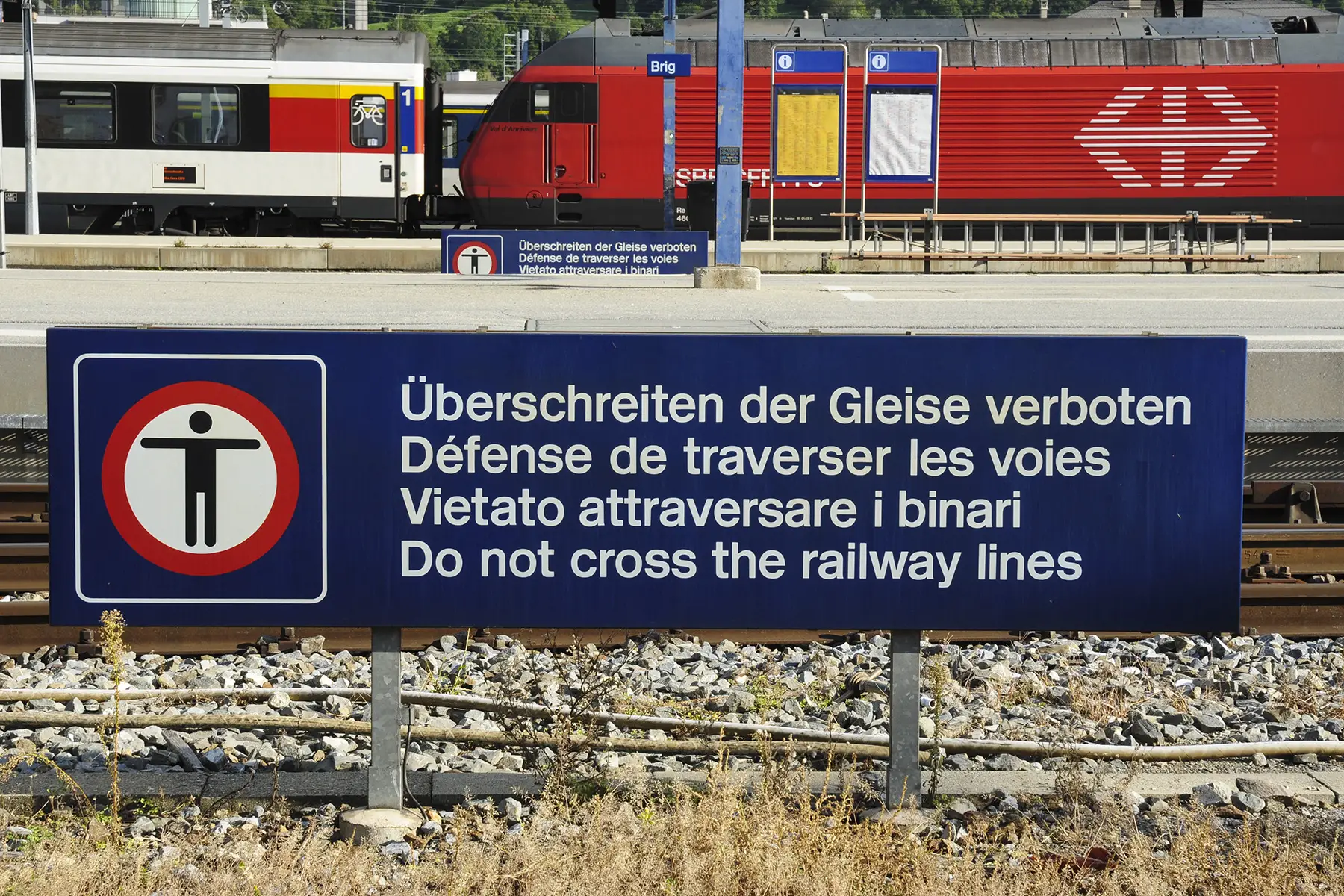
Generally speaking, the trickest dialects can be found in the remote valleys of Switzerland; especially in the canton of Valais in the south. Interestingly, in 2002, German and French speakers in Switzerland were asked which Swiss-German dialect they liked best. By a significant margin, the Bernese dialect came out on top with 27% of the votes. The dialect of Valais got a respectable 20%, while the harsher Zurich dialect received just 10%.
The Swiss-German dilemma
A total of 58.5% of the Swiss population speak Swiss-German which is partly because 17 of the 26 Swiss cantons use it as their sole official language. However, although Swiss schools teach High German, the locals actually speak Swiss-German, which is something altogether quite different. In fact, Swiss-German is often so different that even Germans and Austrians sometimes can’t understand it. The written language can also cause problems due to the contrasts in grammatical structures and the use of words. In fact, even students struggle with the differences between Swiss-German and High German. Indeed, they are often so familiar with their own local dialects that they find it difficult to learn High German. And because Swiss-French and Swiss-Italian speakers learn High German in school, they often can’t understand local dialects, either. So as you can see, learning German in Switzerland can be rather complicated.
Other languages and dialects in Switzerland
Swiss-German might be the main language in Switzerland, but it isn’t the only one. Indeed, French, Italian, and Romansh are also spoken throughout the country. Furthermore, each of these languages has different dialects. Many people learn English, too, which is convenient for expats.
French in Switzerland
Some 30% of the Swiss population speaks French. Traditionally, French-speaking Switzerland spoke different local patois which are a structurally separate language from Franco-Provençal. These days, however, Swiss-French bears more resemblance to standard French. Of course, some regional words and expressions do still exist in the French-speaking parts of Switzerland. That said, the gaps in understanding are far smaller than they are in the German language.
Italian in Switzerland
Dialects are part of the citizens’ linguistic repertoire in Italian-speaking Switzerland. The standard language is used in writing and in public, while the dialect is mainly reserved for the private sphere. Swiss-Italian is a variant of what you would hear in Italy. Currently, 8.2% of the Swiss population speak Swiss-Italian, which includes the Lombard dialect. Although Swiss-Italian does have some similarities to standard Italian, the local variant has German and French influences.
Romansh in Switzerland
Although Romansh has very few speakers – just 0.5% of the Swiss population – it is actually made up of five dialects, each of which has its own written style. To make it an official language, Switzerland brought these dialects under the official umbrella language of Romansch Grischun in 1982. However, this official language is mainly used by the government. In their day-to-day use of the language, many Romansh speakers resort to their own dialect. Nowadays, though, the language has international standing and is even part of the language library on Microsoft software. Lia Rumantscha oversees the interests of the Romansh language as a whole.
English in Switzerland
Foreigners sometimes assume that because there are four national languages in Switzerland, most residents speak all of them – or at least more than one. The reality, however, is quite different. While the Swiss are certainly proud of their linguistic proficiency and many are indeed multilingual, the languages they speak might surprise you. In general, most people in the country speak their mother tongue (usually an official language of their canton), a second national language, and English.

Because of the Swiss governance system, each canton decides which language resident children learn – and when. In the German-speaking cantons, children learn French from the age of nine. Similarly, French-speaking Swiss children begin learning German at the same age. In the Italian and Romansh-speaking areas, however, schools teach both French and German. In Ticino, English is also compulsory from the eighth grade and students can drop French at this time.
Interestingly, Zurich’s education minister made an announcement in the year 2000 that sparked a heated national debate. He revealed that he intended to prioritize English as the main foreign language of the canton, instead of French. Although his supporters agreed that English would be of more use to most citizens, others felt that the move would be a disadvantage for many citizens who need to be conversant in German in order to get ahead in their careers in Switzerland.
Where the Swiss languages are spoken worldwide
Although German, French, and Italian are spoken in different parts of the world, the Swiss variants of these languages aren’t widely spoken outside the country. That said, you might still hear them occasionally.
German usage worldwide
Some Swiss-German dialects are similar enough to other Alemannic dialects that you might be able to use them in some places; for example, in Liechtenstein and Austria’s Vorarlberg state. However, Swiss-German is different enough from High German that most people in Germany wouldn’t understand it. Luckily, though, High German is widely taught at schools in the German regions of Switzerland, so Swiss-German speakers would be able to have at least a basic conversation with the world’s 130 million native German speakers. It is also a popular second language in non-German parts of Switzerland.
French usage worldwide
Swiss-French is the second most widely spoken language in Switzerland and used by more than two million people. Although there are some differences between Swiss-French and standard French, you can still use the language in France, Belgium, and other Francophile countries. Indeed, the world’s 275 million French speakers would probably understand you. Naturally, lessons are taught in French at schools in the French-speaking cantons. It is also a common second language in other cantons and a very popular second language across the world; especially in international schools.
Italian usage worldwide
Swiss-Italian is the official language in the canton of Ticino and the southern region of Graubünden which are home to around 350,000 native speakers. The traditional dialect of Ticino – Ticinese – is a western Lombard dialect that is influenced by French and German and, therefore, different from standard Italian. As a result, there are phrases that wouldn’t be understood outside of Italian-speaking Switzerland.
That said, the dialect can be used across the border in northern Italian in cities such as Milan, Monza, Como, Lecco, and Novara. Although schools teach Lombard in the Italian-speaking parts of Switzerland, it is less common as a second language in other parts of the country.
Romansh usage worldwide
The fourth official language in Switzerland, Romansh is the least common. In fact, only around 60,000 people speak it, and this is mostly in the Swiss canton of Graubünden. As such, it is not at all widely used around the world and is not a common second language.
The origins and history of languages in Switzerland
Switzerland is a Willensnation – ‘a nation of will’. This means that each of the country’s 26 cantons functions almost as an autonomous administrative area and agrees to work with each other. As such, Switzerland is a federation of co-equal cantons, rather than a uniform nation in its own right. In fact, historically, Swiss cantons were sovereign states with their own borders, armies, governments, and languages. Because of this, there is, in fact, no singular Swiss language, but rather four official languages.
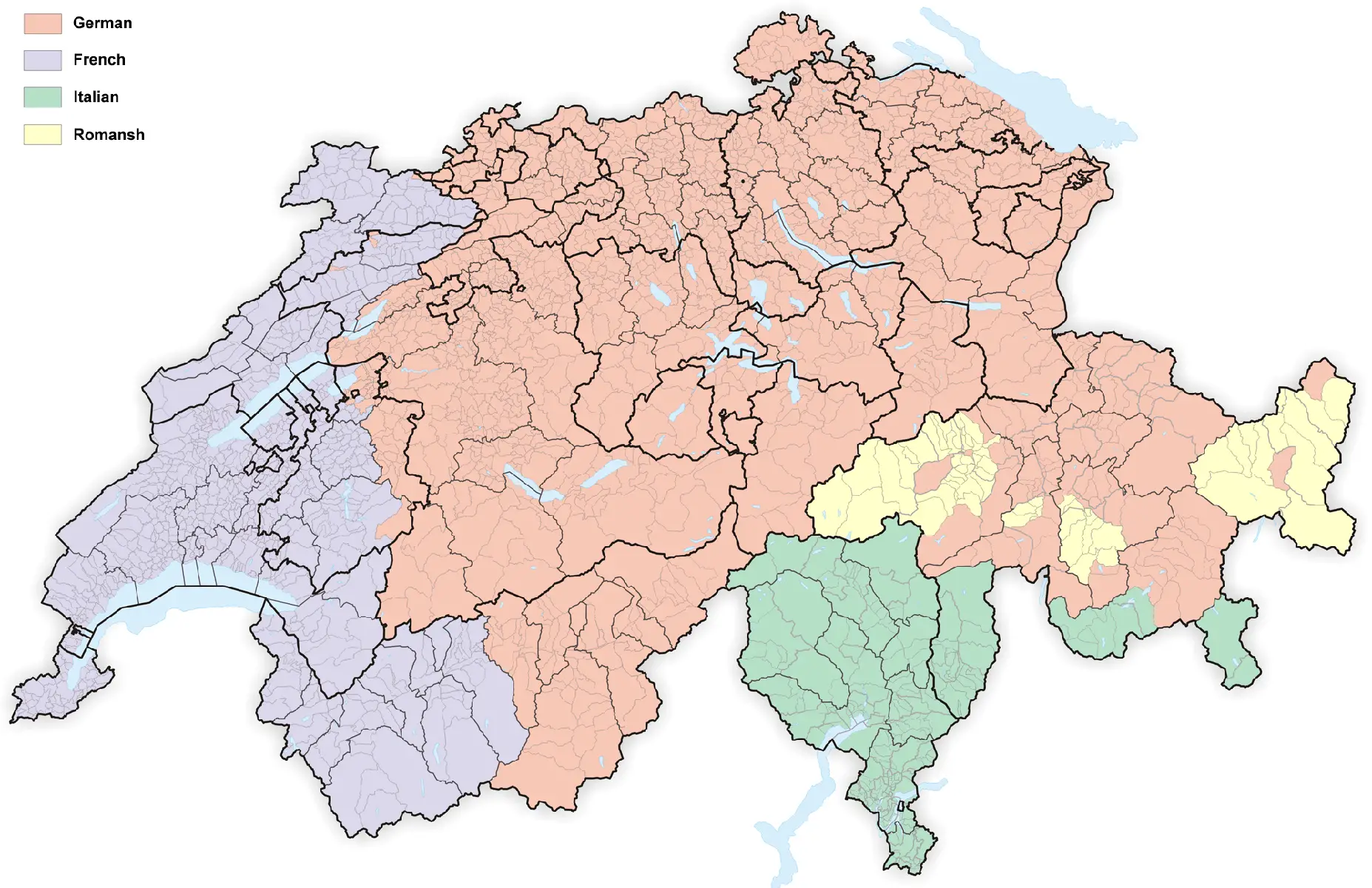
The languages spoken in each Swiss canton are a result of its history and geographical location. For instance, Lombard is the main language in the south, across the border from Italy. Swiss-French, on the other hand, is the lingua franca of the west where the country borders with France. Similarly, Eastern and Central Switzerland have a strong German influence and many people there speak Swiss-German.
The origins of German
Swiss-German is actually a collection of Alamannic dialects that come from southwest Germany and the Alsace region of France. The language developed over several centuries as a result of the country’s strong links to Germany. Germanic tribes came to Switzerland in the fifth century, following the collapse of the western Roman Empire. Later, in 1291, the three German-Swiss cantons of Uri, Schwyz, and Unterwalden formed the first Swiss Confederation. In the late middle ages, the Swiss Confederation had strong ties to southern German cities, leading to a growth in Swiss-German dialects. Nowadays, the dialects are different enough that it is possible to tell where someone was born and raised.
The origins of French
The history of the French language in Switzerland traces back to the geopolitical realities of the time. Although the western cantons of Vaud, Neuchâtel, Freiburg, and Valais were, at one point, under the control of the Roman Empire, they were dominated by the Kingdom of Burgundy after the sixth century.

By the 13th century, however, the French House of Savoy, Bishop of Lausanne, and House of Neuchâtel were in charge of these cantons, and French became increasingly popular. The German influence grew in the cantons of Freiburg and Valais, which is why French is now only spoken in parts of these two cantons. Vaud became the first fully French-speaking Swiss Canton after the Confederation of 1803.
Later, under Napoleon, the western cantons came under personal French control. Neuchâtel, for instance, became the personal property of French Marshal Berthier. Furthermore, after the French Revolution, the French policy of education ensured that the French spoken in Switzerland was similar to that in France. That said, in the cantons of Freiburg and Valais, German influence has resulted in the addition of German phrases.
The origins of Italian
Swiss-Italian traces its roots to the Latin of the Roman Empire. There are, in fact, two Swiss-Italian dialects: Ticinese (the dialect of the Ticino canton) and the more general Lombard dialect. Both owe their development to the proximity of Italy, which sits just across the Alps. Over the centuries, however, Swiss-Italian morphed through influences from Italian lords, German rulers, and the French revolution. As a result, many phrases in Swiss-Italian are derived from French or German and wouldn’t be understood in Italy.
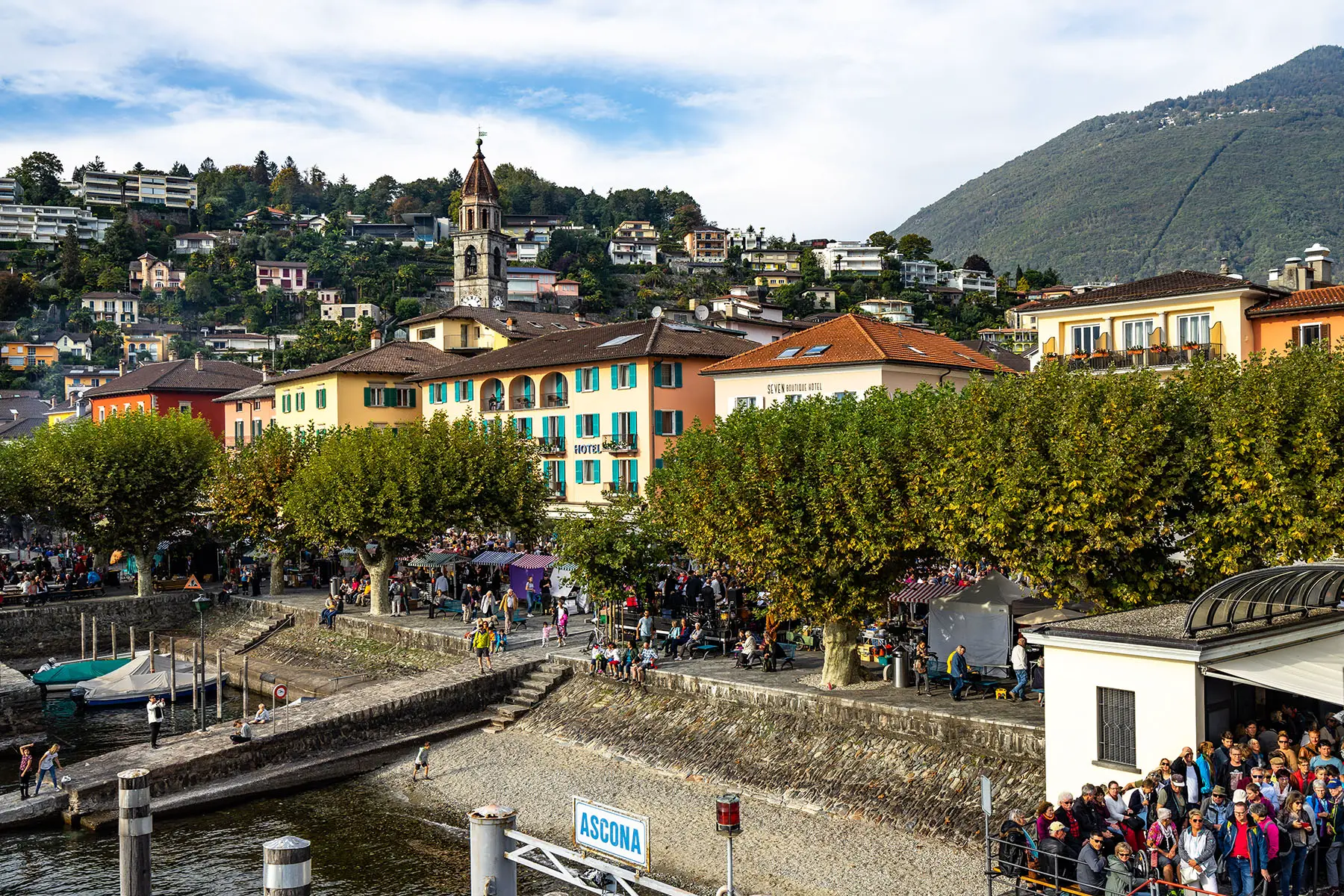
The origins of Romansh
Technically, Romansh is a Romance language and a descendent of the Latin of the Roman Empire. The language draws a lot on German vocabulary and Alemmanic and Bavarian dialects. This is because in 15BC, Romans dominated the Rhaetia province. Although Romansh became a national language in Switzerland in 1938, it only became an official language in 1996.
Interesting facts about languages in Switzerland
- The number of French speakers in Switzerland is increasing, while the number of German, Italian, and Romansh speakers is decreasing.
- Non-official languages are becoming more in vogue; for instance, English and Portuguese are especially popular.
- Although not everyone in Switzerland is multilingual, multilingualism is an important part of the nation’s identity. In fact, the country even has a law that governs official languages and promotes multilingualism.
- Four cantons and two cities are officially multilingual. These are the cantons of Bern, Fribourg, Valais, and the cities of Biel/Bienne and Fribourg. Graubünden is officially the only trilingual canton.
- Spanish, Serbian, Croatian, and Albanian are becoming increasingly common in Switzerland.
- English is the lingua franca of Switzerland’s business community and the canton of Zurich is debating whether to make it an official language.
Learning the languages of Switzerland
If you are moving to Switzerland, then you won’t find too much of a language barrier, at least not in the more urban areas. After all, many Swiss residents speak some level of English. That said, you will find it much easier if you try to learn the main language of your canton; for example, French in Geneva or German in Zurich. And because there are many ways to do this, you should be able to make a good attempt.

If you would like to learn one of Switzerland’s languages before you move, you might want to consider using an online language learning platform. Many of these offer 1-to-1 lessons that can be scheduled around your lifestyle. Online language schools include:
Of course, there are also a number of in-person classes that you can take both in Switzerland and before you even travel. Search online for your nearest school. Generally speaking, German and French classes will be the easiest to find. However, there are options for the Italian language, such as those offered by the Università della Svizzera Italiana or the approved language schools in Lugano. Additionally, Cudoo offers an online Romansh course.
Many expats actually prefer to look for more casual ways to learn a language in Switzerland. This might involve watching TV shows or movies with English subtitles or joining language exchange groups on Facebook and Meetup.
